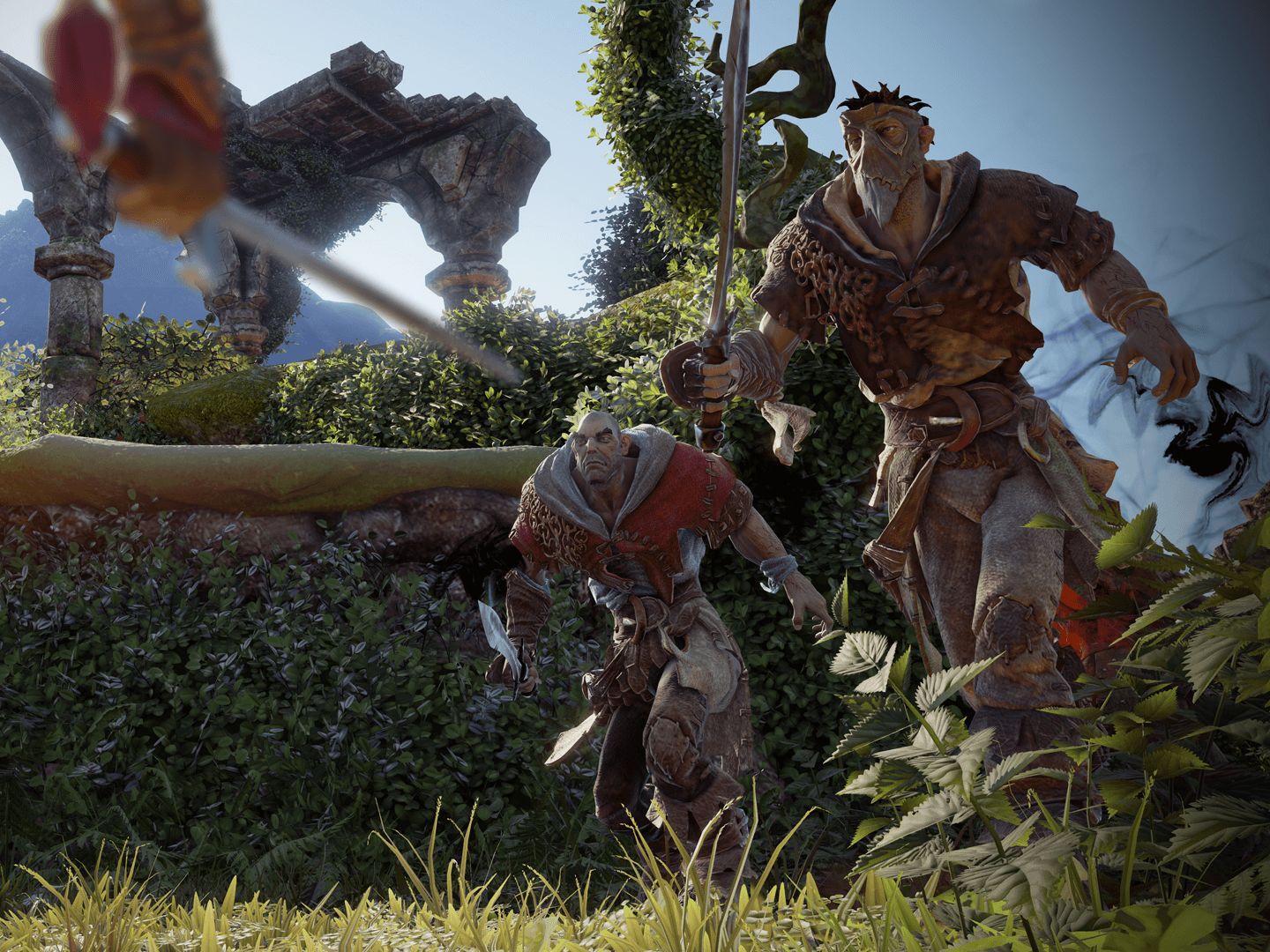Peter Molyneux would be up for making Fable 4; Fable Legends reportedly cost $75 million

All the latest news, reviews, and guides for Windows and Xbox diehards.
You are now subscribed
Your newsletter sign-up was successful
Lionhead Studios co-founder Peter Molyneux says that he would " totally be up for" making Fable 4 after he finishes his current project, and if someone at Microsoft asked him.
In an extensive feature on the history of the now-closed Lionhead Studios at Eurogamer, Molyneux states:
"When I finish what I'm working on now, if someone comes to me and asks, hey, do you want to do Fable 4, I'd totally be up for it," Molyneux says. "I would get Dene back. I would get Simon back. And I would remake this world. It's such a rich world and there are so many avenues we didn't explore. That would be really good fun to do. "And I'd still want the equivalent of another dog."
Microsoft officially closed Lionhead and cancelled development of the free-to-play RPG Fable Legends in late April. The feature article at Eurogamer goes in depth on the many games the studio released during its lifetime, along with its many canceled projects and prototypes like Milo & Kate, Project Opa and others.
The article also offers some behind-the-scenes information on the development of Fable Legends, and claims that $75 million was spent developing the game before Microsoft decided to cancel it for the Xbox One and Windows 10. The story also claims that the game was very close to entering open beta. After Microsoft's decision to close Fable Legends, the story also seems to confirm previous rumors that a group of Lionhead team members tried to keep the game going under the name "Project Phoenix":
The plan was to take Fable Legends, finish it, ship it and continue developing it as a new studio that licensed the game from Microsoft. "It would have safeguarded quite a few jobs," says one person who was involved in the effort. "And if you write-off the cost of the Fable Legends development to date, it becomes something that actually could have made money." Project Phoenix came close to a deal, with two Chinese companies expressing interest in funding the formation of a new studio, but ultimately it failed. Not only was Fable not for sale, but the talks took too long, and so by the time the news reached developers outside the core team, most had found a new job. "Microsoft were supportive of it as an idea, but we ran out of time," says the source.
The Eurogamer article on Lionhead's history is definitely worth a read if you are interested in the rise and fall of one of the game industry's most famous studios.
All the latest news, reviews, and guides for Windows and Xbox diehards.

John Callaham was a former contributor for Windows Central, covering Windows Phone, Surface, gaming, and more.
